Health And Medicine
-
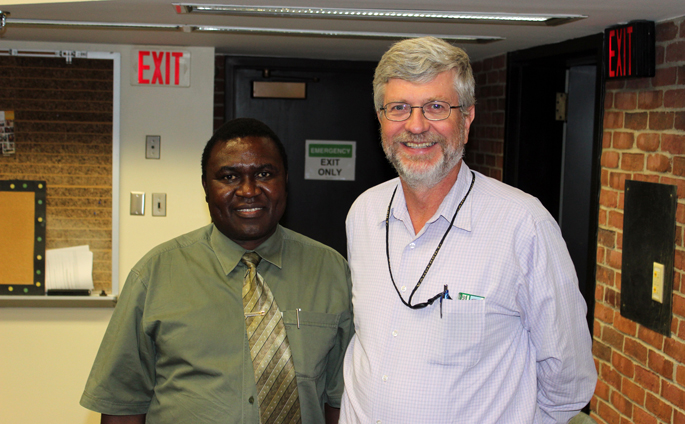
Grant helps expand health care, education programs in Zambia
Vanderbilt University is dramatically expanding its health care and education activities in the southern African nation of Zambia. Read MoreOct 4, 2012
-

An orphan enzyme’s purpose
“Orphan” enzyme may play role in cancer growth, new research suggests. Read MoreOct 4, 2012
-

VU study shows no gender gap in sports concussions
A new study conducted to review symptoms and neurocognitive findings in male and female high school soccer players revealed no gender-related differences. Read MoreOct 2, 2012
-

Study ties early menopause to heart attack, stroke
Women who experience early menopause are more likely to have a heart attack or stroke than women whose menopause occurs at a later age, according to a new study by Melissa Wellons, M.D., assistant professor of Medicine in the Vanderbilt Division of Diabetes, Endocrinology and Metabolism. Read MoreSep 27, 2012
-

Grants help propel glaucoma, macular degeneration research
Three Vanderbilt University Medical Center faculty members have been awarded grants from the American Health Assistance Foundation to support their research on glaucoma and macular degeneration — the two leading causes of irreversible blindness in the world. Read MoreSep 27, 2012
-

Little Leaguer is a diabetes pro
Middle Tennessee’s latest celebrities are the 11-and-12-year-old Little League U.S. World Series Champions from Goodlettesville. But one young player already had quite a fan base built up at a Vanderbilt pediatric diabetes clinic, where he has been a patient most of his life. Luke Brown and his family are also… Read MoreSep 27, 2012
-
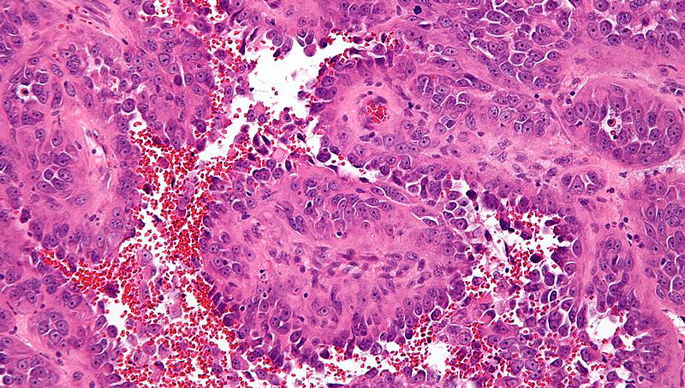
Target acquired for aggressive tumor
New therapeutic target for angiosarcoma – an aggressive, highly fatal tumor of the blood vessels – identified. Read MoreSep 27, 2012
-
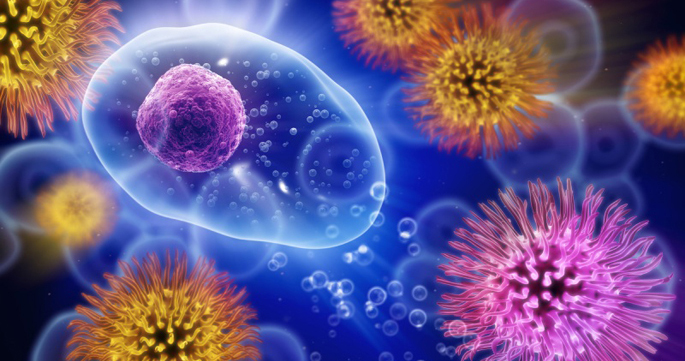
Cell entry ports for cold virus
The respiratory virus HMPV uses its fusion (F) protein – which interacts with cellular receptors called integrins – to bind to and enter target cells. Read MoreSep 25, 2012
-

Little evidence supports medical treatment options for adolescents with autism
Despite studies that show that many adolescents and young adults with autism spectrum disorders are being prescribed medications, there is almost no evidence to show whether these medications are helpful in this population. Read MoreSep 24, 2012
-
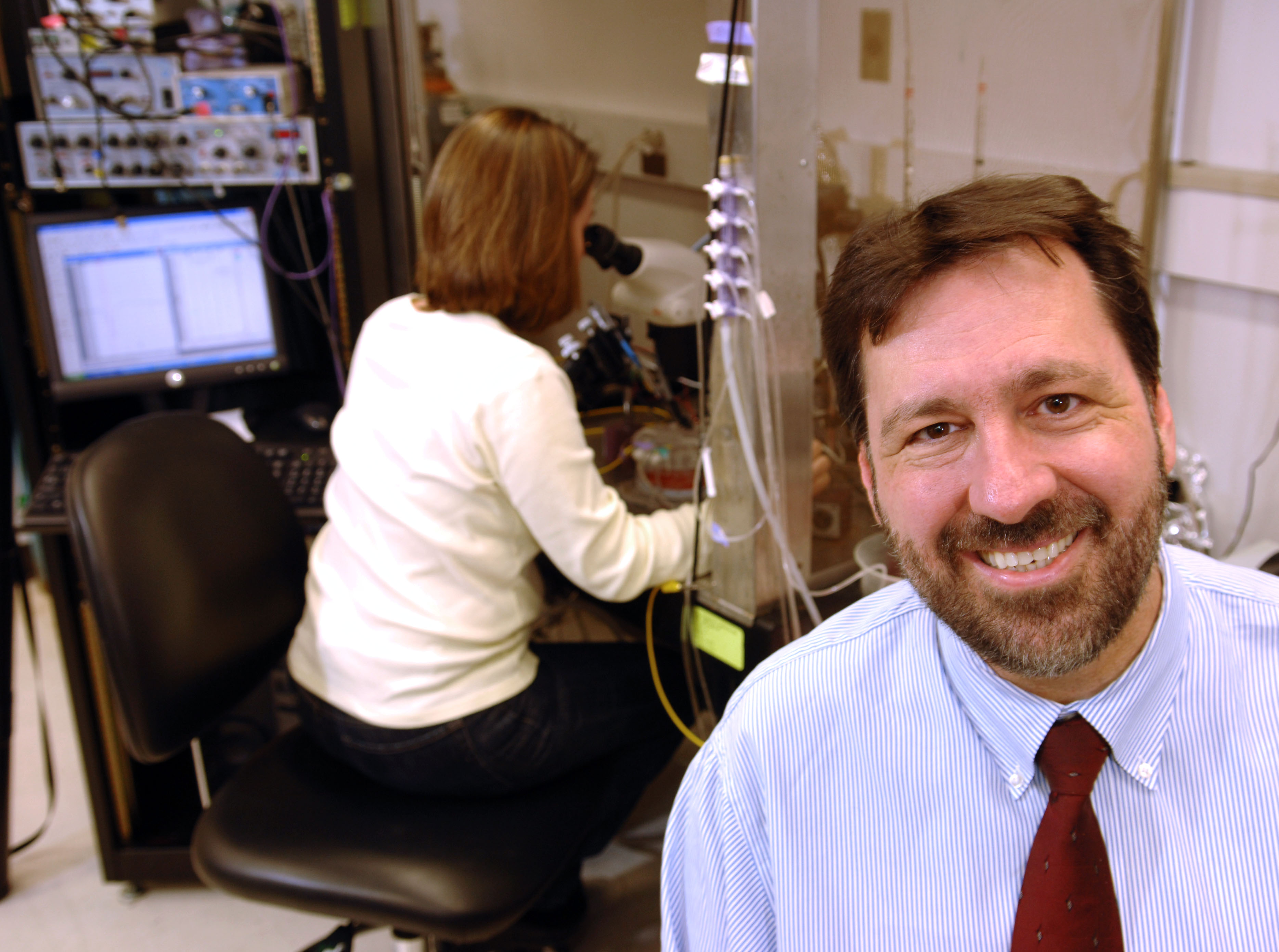
VU, Bristol-Myers to collaborate on Parkinson’s therapies
Vanderbilt University and Bristol-Myers Squibb have signed a collaboration agreement for the discovery, development and commercialization of novel therapies acting on the mGluR4 glutamate receptor, known as positive allosteric modulators, or PAMs, for the treatment of Parkinson’s disease. Read MoreSep 21, 2012
-
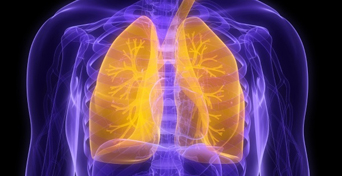
HER2 may impact lung cancer therapy
A protein associated with aggressive breast cancers may also influence resistance of lung cancer to targeted therapies. Read MoreSep 21, 2012
-
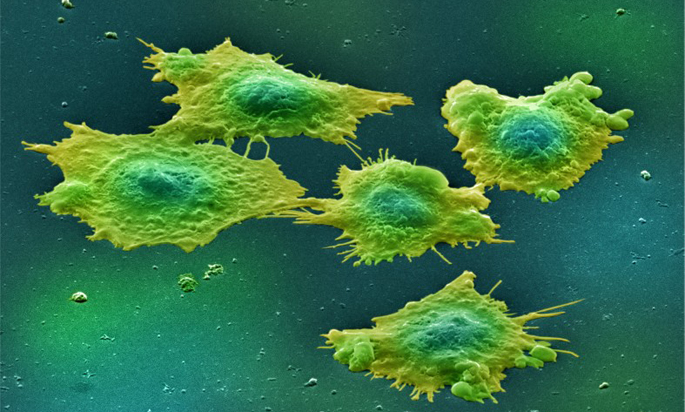
Grant renewal boosts GI cancer research program
Vanderbilt-Ingram Cancer Center’s gastrointestinal Specialized Program of Research Excellence (SPORE) has been awarded its third round of funding by the National Cancer Institute (NCI). Read MoreSep 20, 2012
-
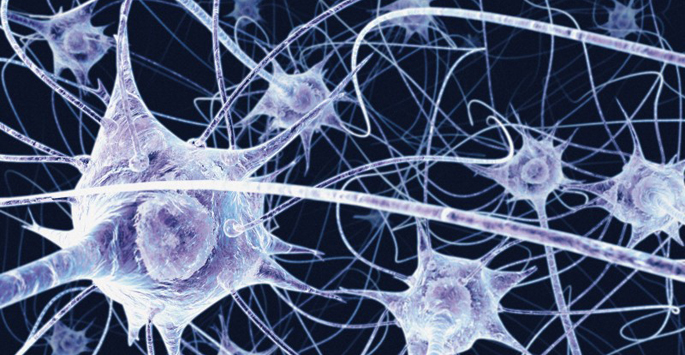
How ‘Jedi’ disposes of dead neurons
The protein Syk is essential for clearing away neuron “corpses” in the developing peripheral nervous system. Read MoreSep 19, 2012
-

Study tracks potential coverage gaps under Affordable Care Act
An analysis of Massachusetts’ health care reform program by a Vanderbilt researcher indicates insurance gaps may remain as the Affordable Care Act (ACA) expands insurance coverage beginning in 2014. Read MoreSep 13, 2012
-
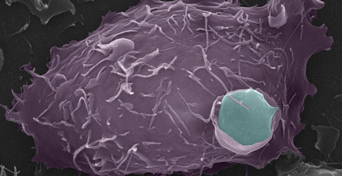
Cells with LIP eat their neighbors
A transcription factor called LIP is capable of causing one cell to consume another. Read MoreSep 13, 2012
-
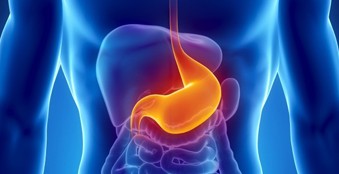
Enzyme counters stomach acid attack
Dysfunction or loss of an “antioxidant” enzyme may lead to higher risk for esophageal cancer in patients with gastric reflux disease. Read MoreSep 11, 2012
-

Parkinson’s therapy may impact language
Deep brain stimulation used to treat Parkinson’s disease may impair some aspects of language processing, a recent study suggests. Read MoreSep 7, 2012
-

Study tracks hormone’s role in reducing preterm birth risk
Pregnant women who have had prior preterm births may avoid a subsequent early birth if given progestogens, which are natural or synthetic forms of progesterone, a female hormone that naturally increases during pregnancy, a Vanderbilt analysis shows. Read MoreSep 6, 2012
-

BioVU reaches new benchmark in DNA samples
This month BioVU logged in its 150,000th unique genetic sample. It is now the world’s largest collection of human DNA linked to searchable, electronic health information. Read MoreSep 6, 2012
-
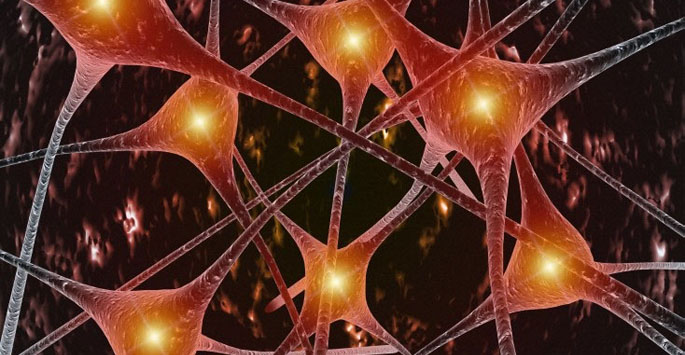
Neuronal subtypes in genetic disorder
Inhibitory neurons that connect and regulate signaling in the brain (interneurons) may contribute to epilepsy and autism in patients with tuberous sclerosis complex. Read MoreSep 6, 2012